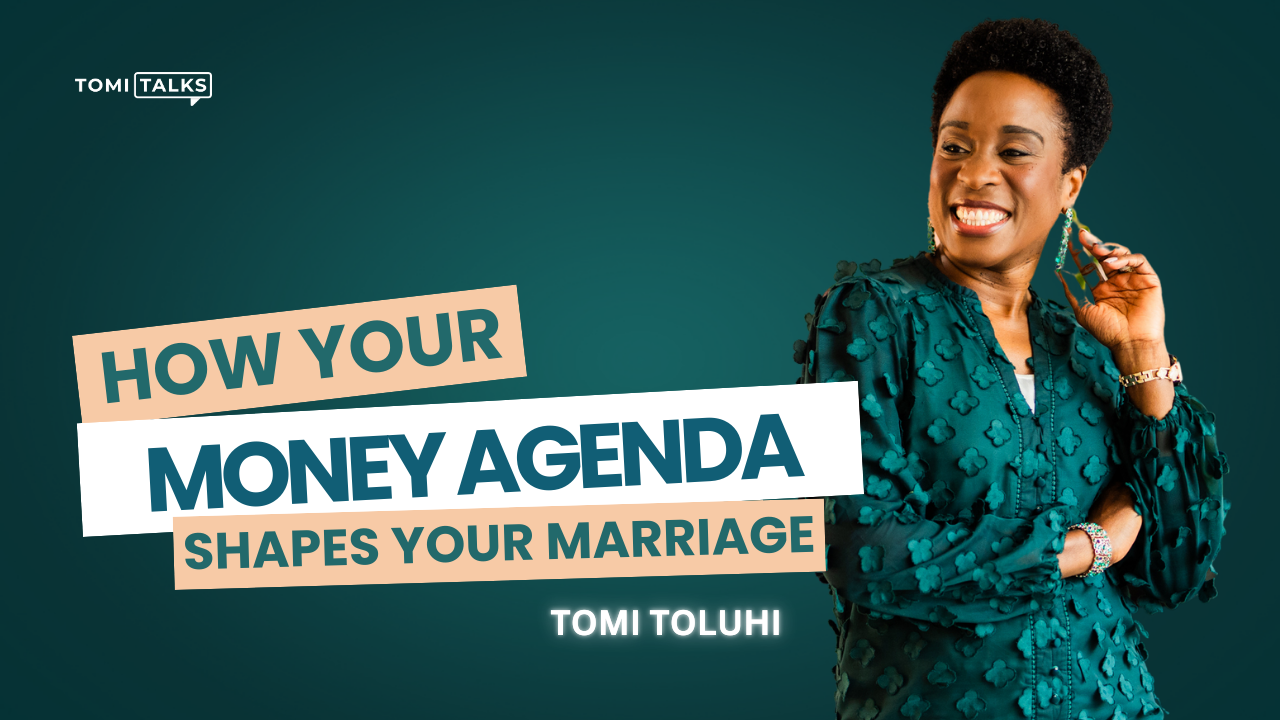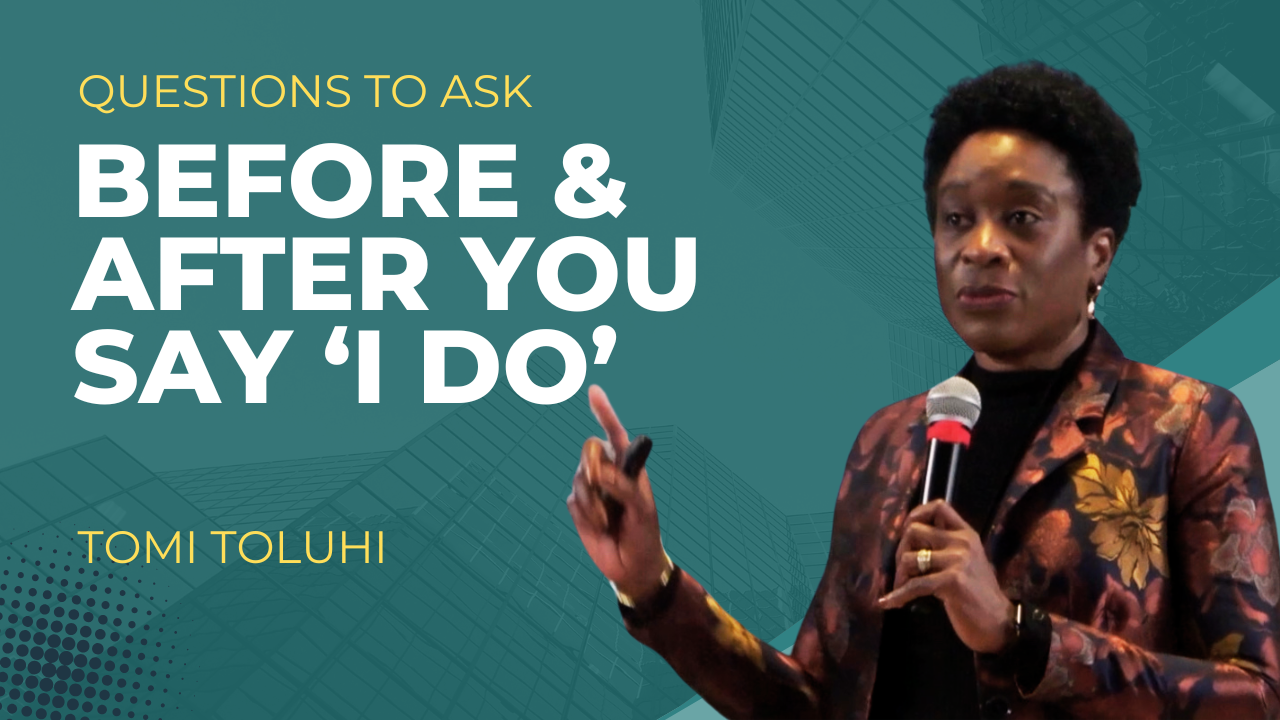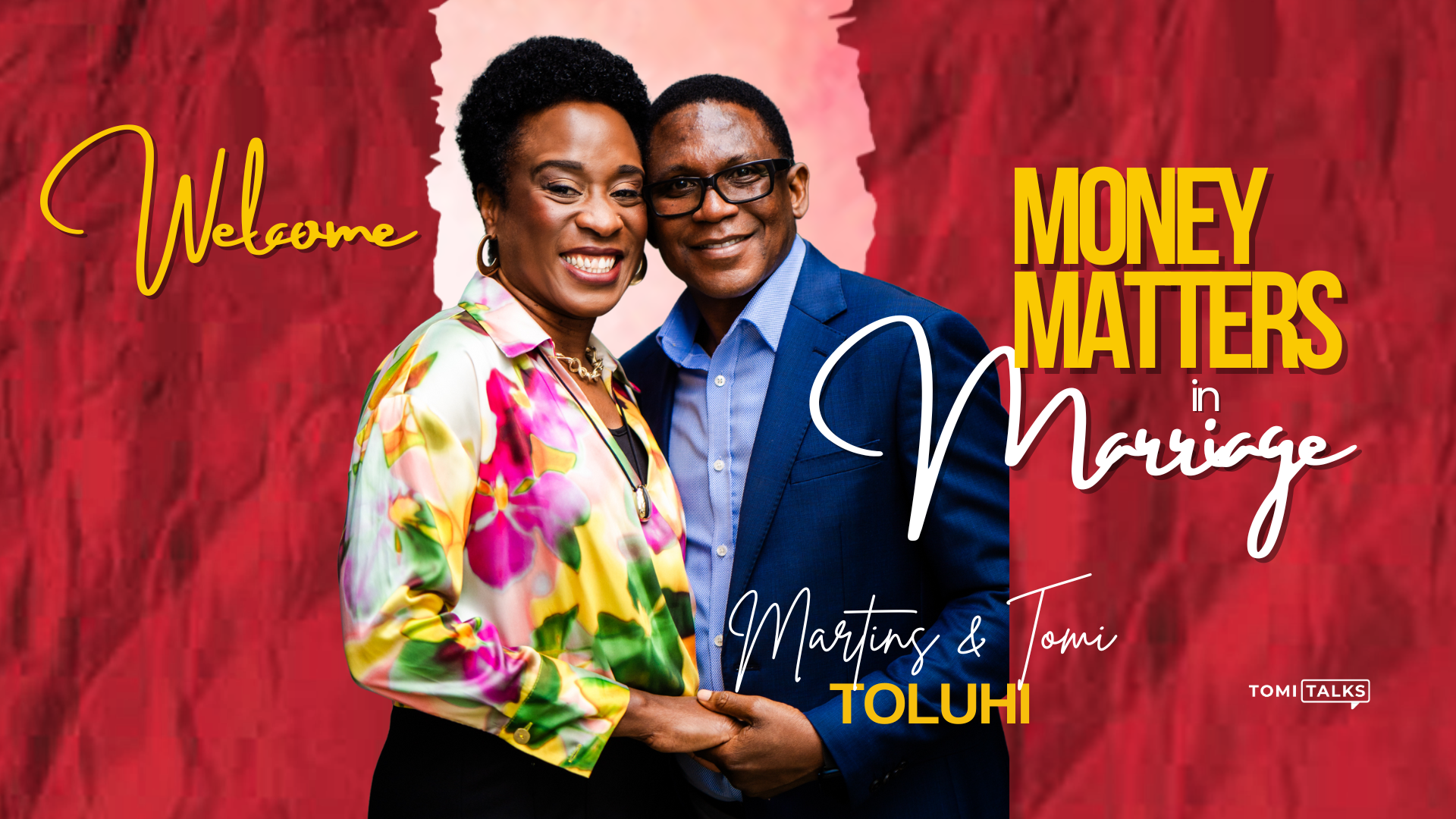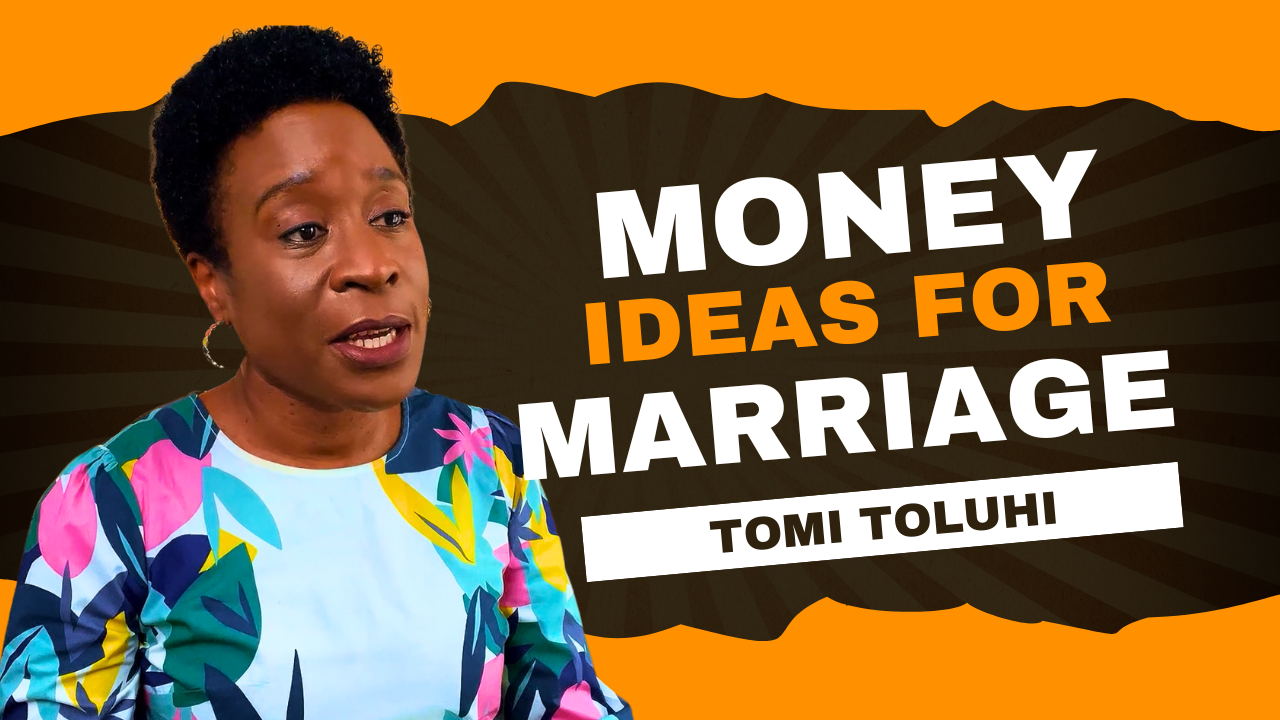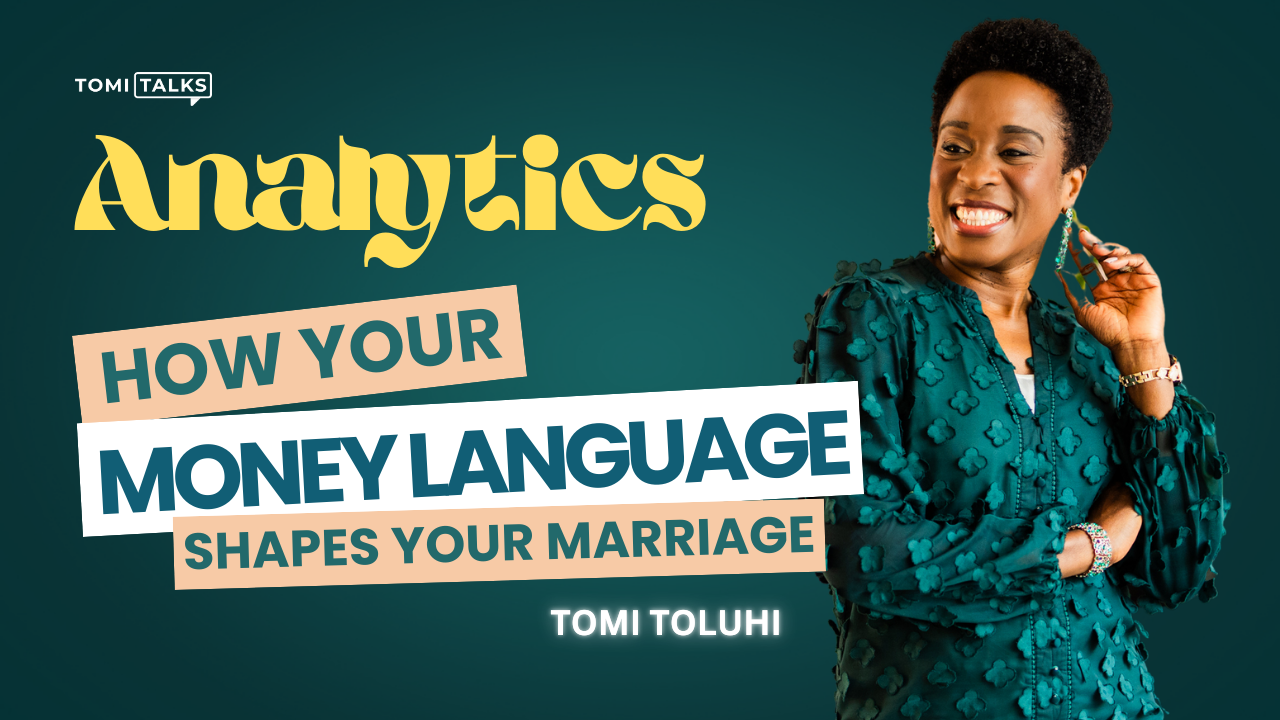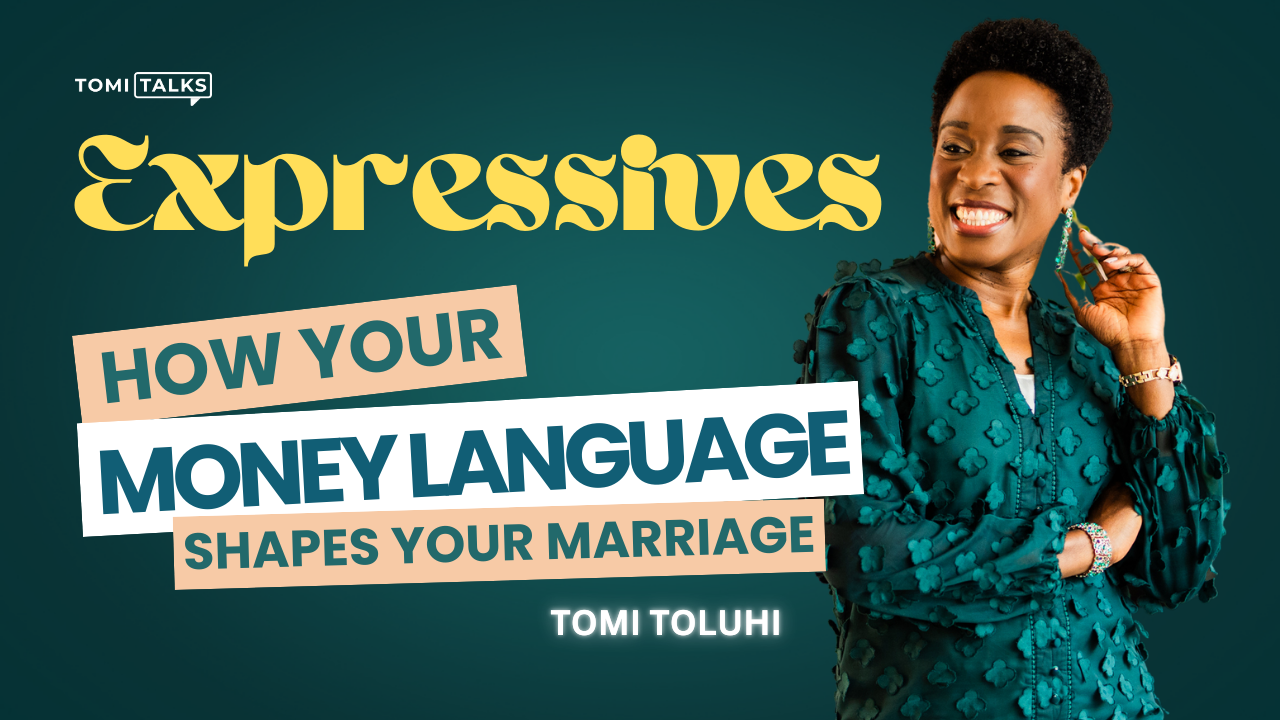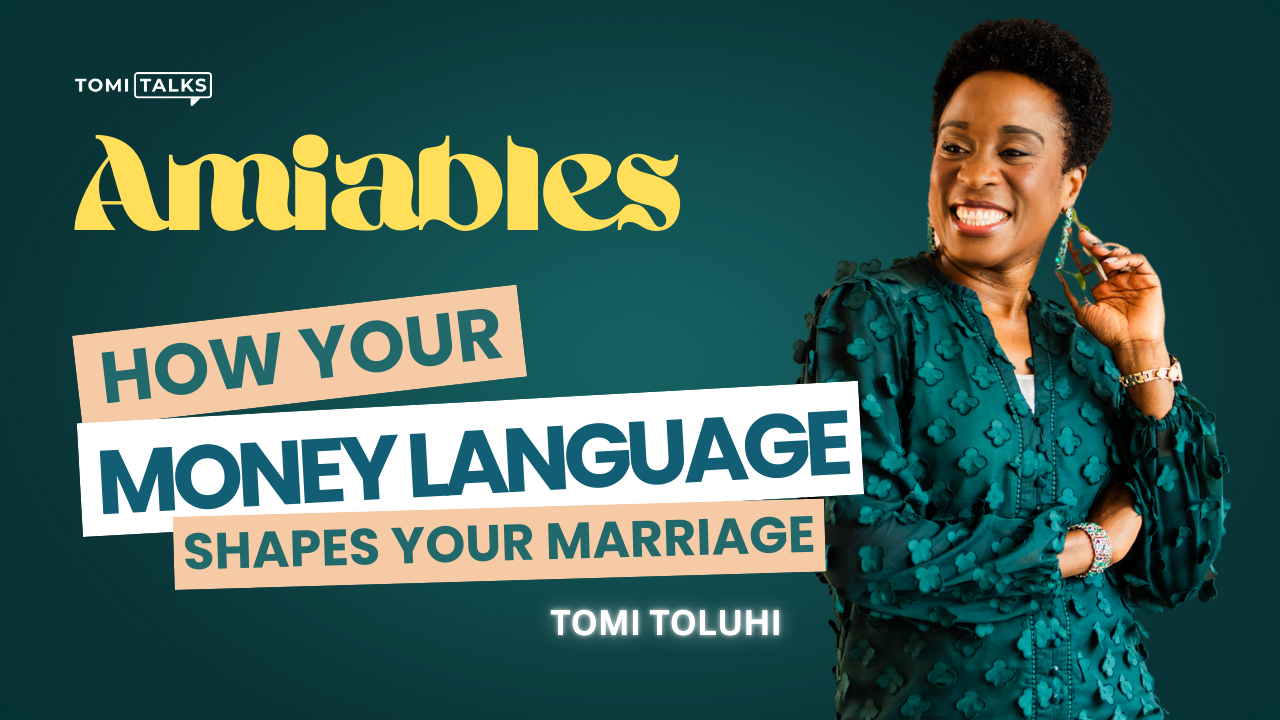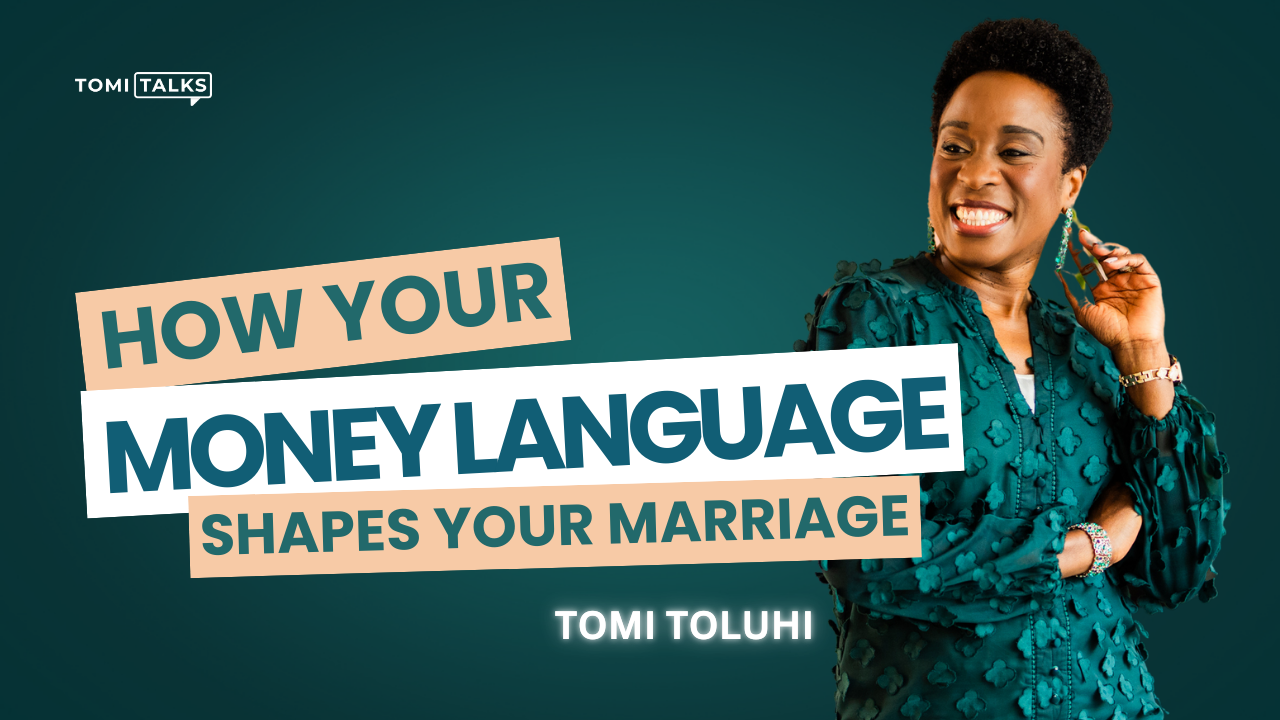How to build trust in your relationship

Trust is the cornerstone of any successful relationship. Without it, the most promising relationships falter. It sets the parameters within which an individual is willing to engage in a relationship; the greater the trust, the higher the level of engagement. You can only be truly intimate with someone you totally trust. As long as your guard is up there will always be barriers to you opening up your heart. Trust in a relationship is an empowering feeling. It gives you confidence that whatever you face in life, there is always a resting place to return to and one person you can lean on. Proverbs 31:11 describes such a relationship: ‘Her husband trusts her without reserve, and never has reason to regret it.’ Evidently, her husband must have been trustworthy as well. A relationship in which you can trust without reserve is the foundation for an enduring marriage. Here’s how to create such a relationship.
Start slow and let it grow
Relationships will start up as low-trust, mid-trust or high-trust depending on the individuals involved. High-trust individuals tend to trust almost anyone, and as such they open themselves up to immeasurable hurt from people who take advantage of their trusting nature. Low-trust individuals can be exhausting to be around because they subconsciously assume people’s guilt until they are proven innocent. A low-trust individual will require continuous assurances and forensic evidence of their partner’s trustworthiness but this takes away the relaxed ambience that surrounds a trusting relationship. The healthiest relationships do not start up with high trust or low trust. In the words of Dr Frank Crane, ‘You may be deceived if you trust too much, but you will live in torment if you do not trust enough.’
Mid-trust individuals begin a relationship with the immortal words of Ronald Reagan in mind; ‘Trust, but verify’. Once they ascertain that the individual they are dealing with is trustworthy, they let go of the need to verify continuously and trust wholeheartedly. If you are unable to make the transition to high trust, the relationship will always feel like a struggle.
Take time to study your partner
Trust is not built in a day; it is the product of attentive interactions and an extended learning process which begins during courtship. It takes time to study a person, to understand their preferences and dislikes, their strengths and vulnerabilities and very importantly their expectations. What matters to one person may not matter to the next so you need to understand what really matters in the relationship you are building. Eventually you will be able to establish an agreed benchmark for your interactions which both of you will strive towards. For instance, some people like to be in touch with their loved one several times a day by phone, text, email or social media. This makes them feel secure and valued in the relationship. Some others are perfectly happy to catch up at the beginning and end of the day. Find what works for your relationship.
Keep confidences
Discretion is a powerful trust-builder. When someone bestows their trust on you, there is an unspoken expectation that what is shared with you will remain between the two of you. Your heart needs to be a safe place for your spouse to open up, knowing you will not share their weaknesses with anyone or use those weaknesses against them. In order for your spouse to feel safe with you, there must be assurance that their vulnerability will not be exploited. Train yourself to make your spouse your number one confidant. If you have a tendency to open up to people easily, you will need to discipline yourself to reserve your deepest confidences for your spouse alone. If you have developed a habit of confiding in a friend or a close relative before marriage, you will need to realise that some things are off limits once you are married. A good friend, parent or sibling will respect those boundaries. Beware of drawing others into conflict situations with your spouse unless you are speaking to a trained counsellor who can help you work towards a solution. When extended family and friends are involved in the intimate details of your relationship, it destroys trust between you and your partner, and there is a tendency to create factions and splits that don’t heal, even after you and your spouse have moved on from the issue.
Speak the truth in love
Don’t ever lie to your spouse because you fear their reaction to something. They need to be confident that what you say is how it really is. If you make a mistake, readily admit it. There is also a place for graciousness in building trust. If you frequently overreact when your spouse opens up to you, you will encourage secrecy in your relationship, so be measured in your responses. Intolerance to failure will encourage your spouse to cover up mistakes. Resist the urge to be harsh or judgemental; be understanding of your spouse’s failings. Ephesians 4:15 makes it clear that speaking the truth while balancing it with love and compassion leads to maturity. This does not mean that you say everything that crosses your mind, no matter how hurtful. It does however mean that your partner can rely on you for an honest opinion.
Keep your promises
Trust is built on reliability. Each time you sit on your favourite chair in your living room, you throw yourself into it with confidence because your chair has proved reliable over the years. If you ever attempt to sit on your chair and it collapses under you, that experience instantly affects your confidence in it. Even if you get it fixed, you will be tentative in your trust because a promise of reliability has been broken. The same applies to relationships. Your word should be your bond. Your spouse should be able to rely on you. If you constantly break your promises, no matter how small, you will train your spouse not to depend on your words. Integrity begins at home.
Trust begets trust
One sided communication produces a lopsided relationship. In order to earn trust in a relationship, you must be willing to give as well as receive information. Trusting marriages are built on shared confidences. If your spouse is continually opening up to you but you never open up to them, intimacy will be stifled in the relationship. Trust begets trust and vulnerability begets vulnerability. Demonstrate your trust for your partner by making him or her your confidante. Share your hopes and dreams, your frustrations and concerns, and pray for each other in that atmosphere of shared vulnerability. Ecclesiastes 4:9-10 says it all: ‘Two people are better off than one, for they can help each other succeed. If one person falls, the other can reach out and help. But someone who falls alone is in real trouble.’
The benefit of partnership is that you can share your challenges and your victories.
